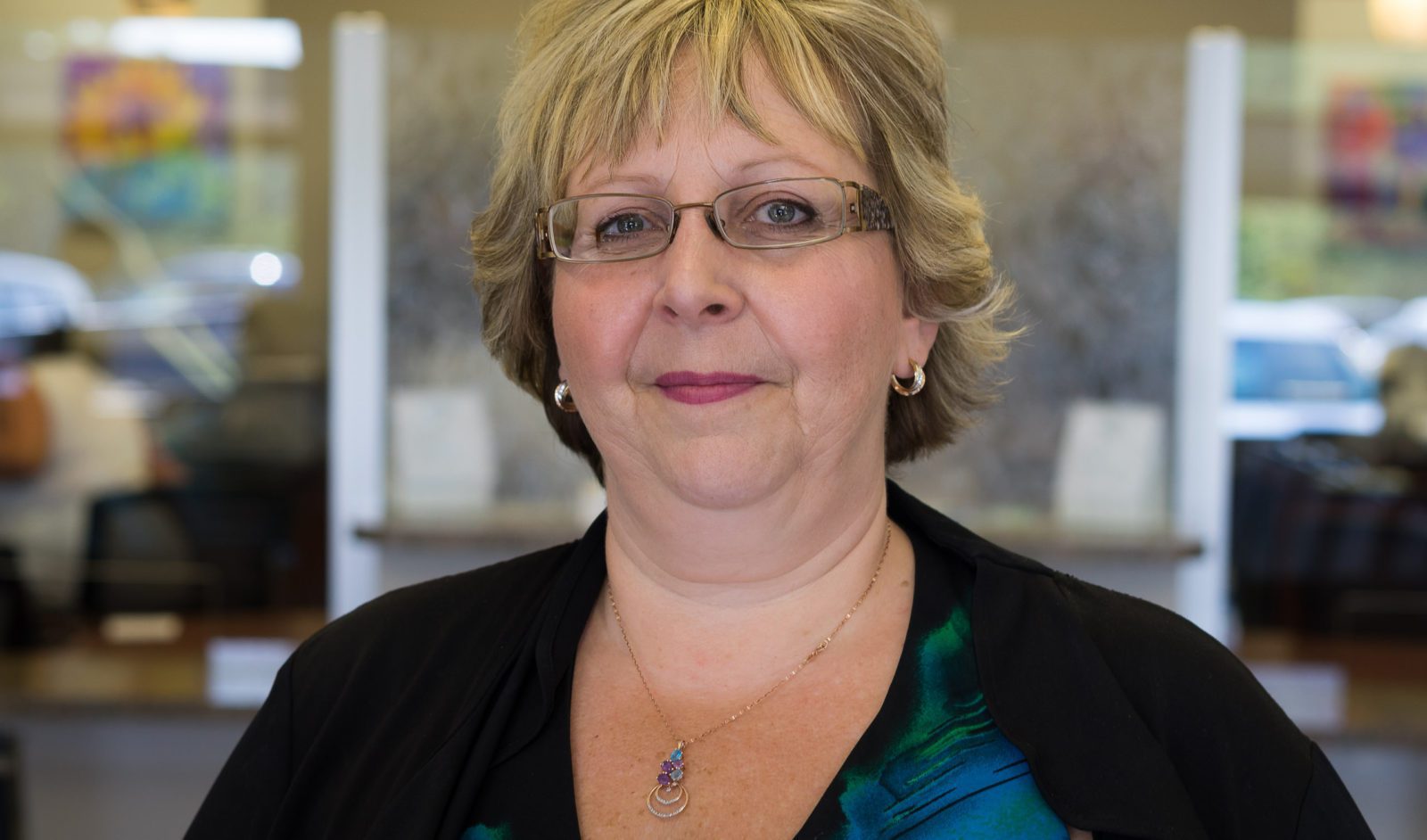primary care
More Ontarians should have access to team-based primary care

In our family medicine practice, we regularly ask patients to give us feedback on how we’re doing. They tell us, over and over, that one of the things they like best about our practice is the teamwork – how much they love their doctor but also their social worker, or nurse, or dietitian. And how …
Free e-book: A patient’s guide to navigating Ontario’s health care system

Ontario’s health care system can feel like a maze. The system has become so complex that even people who work in it every day often struggle to navigate it. So for members of the public – who often encounter the system at a time of crisis – it can be hopelessly confusing and frustrating. In …
Widening the circle of care: adding legal and financial expertise to the health care team

Grace (name and some details changed to protect her identity) is a nine year old girl who lives in the northern suburbs of Toronto. Her doctor diagnosed her with asthma last year, and developed a care plan and prescribed her medication. Grace’s family understands and agrees with the care plan. But Grace’s acute attacks have …
Does collecting data take away from patient care?

As a primary care physician, I support using data for quality improvement and research. But when I recently helped a family medicine resident complete a research project, flaws in our current system became evident. Her chart review was focused on women in prenatal care who had no health insurance at my workplace, the Somerset West Community Health …
How can we improve doctor and patient accountability in Ontario?

To get better quality, timely health care, patients and providers must continue to find ways to make a patient’s regular family doctor the customary first option for non-emergency care needs. As it stands, both parties could be doing more to strengthen the patient-doctor relationship, and financial incentives on providers alone likely won’t be sufficient. Because …
High users of health care: are we asking the right questions?

There is little doubt that system transformation is necessary to achieve sustainable and high-quality health care for Canadians. In recent years, the care and management of high users (HU) of health care has emerged as a focal point for developing a sustainable health care system. Despite the focus on this group, one question has received …
Are Health Links targeting the right patients?

One of the priorities of the Ontario government is to develop strategies to reduce the disproportionate amount of health system use, and in particular of acute hospital care, by small sub-groups of people, such as seniors, those with complex chronic health issues or people whose health is complicated by mental health or substance use issues. …
Family Care Clinics – filling a gap or costly duplication?

During her campaign for reelection in 2012, Alberta premier Alison Redford promised to create 140 Family Care Clinics (FCCs) over three years. She articulated a vision of primary care that would be one-stop, with many different health care providers under one roof. These clinics would have expanded hours to improve patient access, and would focus …
Health Links: Ontario’s bid to provide more efficient and effective care for its sickest citizens

Ontario’s Health Links initiative is a “big manoeuvre” in a complex provincial system, acknowledges Helen Angus, associate deputy minister with the transformation secretariat of the Ministry of Health and Long Term Care (MOHLTC). The initiative aims to facilitate coordination of care at a local level for high needs patients. It comes in the wake of …
Could Ontario really be better at primary care than the rest of Canada?

Does Canada really have a health care “system” that can be compared to other jurisdictions? No, not really. There is tremendous variability in how each province governs and runs their own systems. When reports and analyses by international organizations lump all the provinces together and run the numbers, the variability across the country is hidden. …
Strengthening primary care for child and youth mental health

Chris’ story Chris is a family doctor at a Family Health Team in a Southern Ontario farming community (some details including his name have been changed to protect his and his patients’ identities). He sees many children and youth who have mental illnesses such as depression, anxiety and severe ADHD. While he can care for …
Primary care at a critical juncture

When Commissioner Roy Romanow handed down his report on the Future of Health Care in Canada, he had this to say about primary care: “There is almost universal agreement that primary health care offers tremendous potential benefits to Canadians and to the health care system.” It’s more than motherhood to suggest that primary care is …
Are Canadians too satisfied with their health care system?

Canadians are proud of Medicare and consistently report being satisfied with the health care services they receive. But, perhaps they should be demanding better. The most recent Health Council of Canada report highlights findings from the 2012 Commonwealth Fund survey of primary care physicians in 10 high income countries. In almost all areas – from …
Why aren’t Canadian family doctors embracing e-communication?

In the last decade, technology has revolutionized the way we live and work. We email and text more often than we phone or fax. We share photos with friends using Facebook and debate with colleagues in real-time using Twitter. We pay bills, book plane tickets, and buy clothes on-line. We can effortlessly post opinionated blogs …
Reflections on team-based maternity care

In my second year of medical school, I had the opportunity to take part in a project aimed at midwifery students, medical students and nursing students interested in maternity care. A group of twelve of us met weekly to learn about labour and birth, and also to receive some basic labour support training. It was …
What does the government’s tentative agreement with doctors mean for Ontario’s health care system?

Last week, the Ontario Medical Association and the Ontario government announced they had reached a tentative agreement that they hope will end their current dispute. The tentative agreement, which will run until March of 2014, will affect doctors in a number of ways and also has implications for the wider health care system. In this article, …
Oakville clinic sets an example for quality and accountability in primary care

Primary care is the foundation of Ontario’s health care system and more than 137,000 patient care visits are made every day to primary care providers – family physicians, general practitioners and nurse practitioners – in the province. However the quality of care that patients receive in primary care is largely unknown. Even primary care providers …
The next challenges for primary care in Ontario

Over the last year, reports have suggested some of Ontario’s new primary care models, which are significantly more expensive than older practice models, have had limited success in improving access and quality. In response, the Ministry of Health and Long Term Care is conducting a review of these models, and had recently instituted a temporary …
Filling a gap: Ontario’s walk-in clinics

About one in four Ontarians visit a walk-in clinic each year. While the government has made access to family doctors a key priority, there is no policy framework for walk-in clinics. Although walk-in clinics have been part of Ontario’s health care landscape for decades, they remain controversial. Walk-in clinics have generally been excluded from government …
